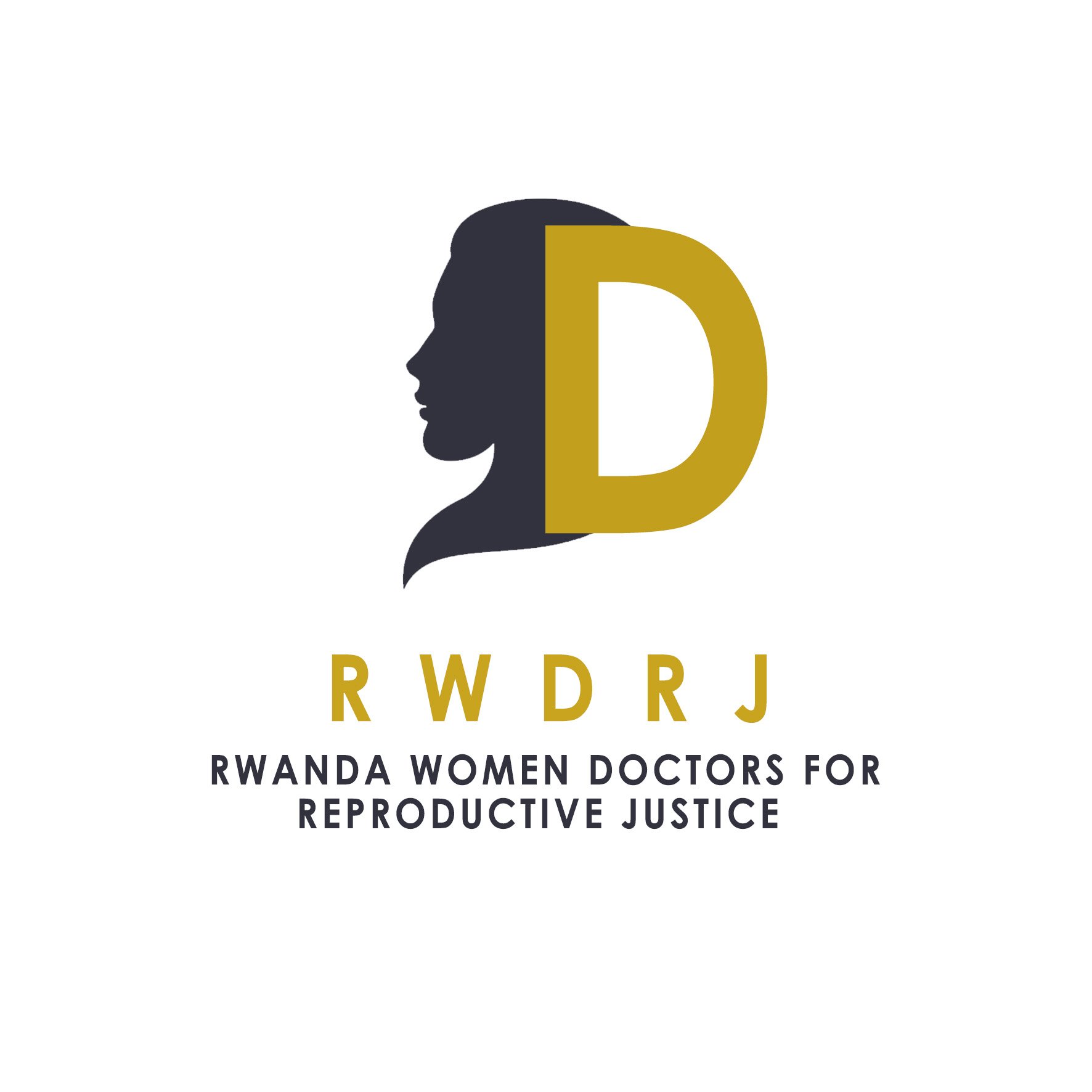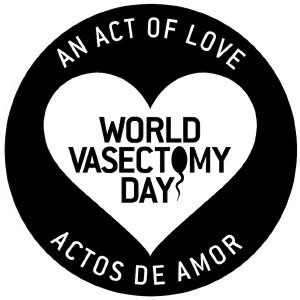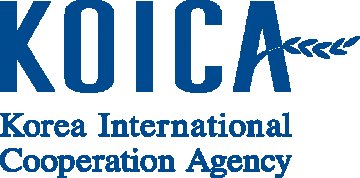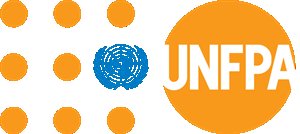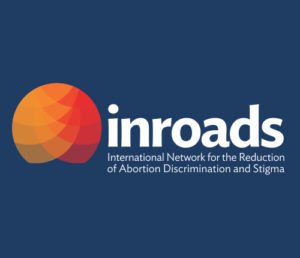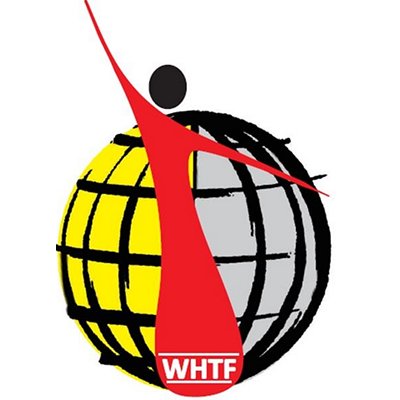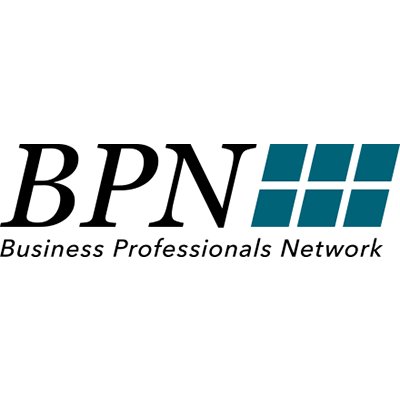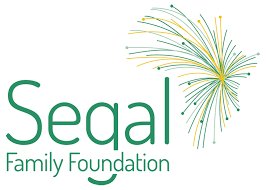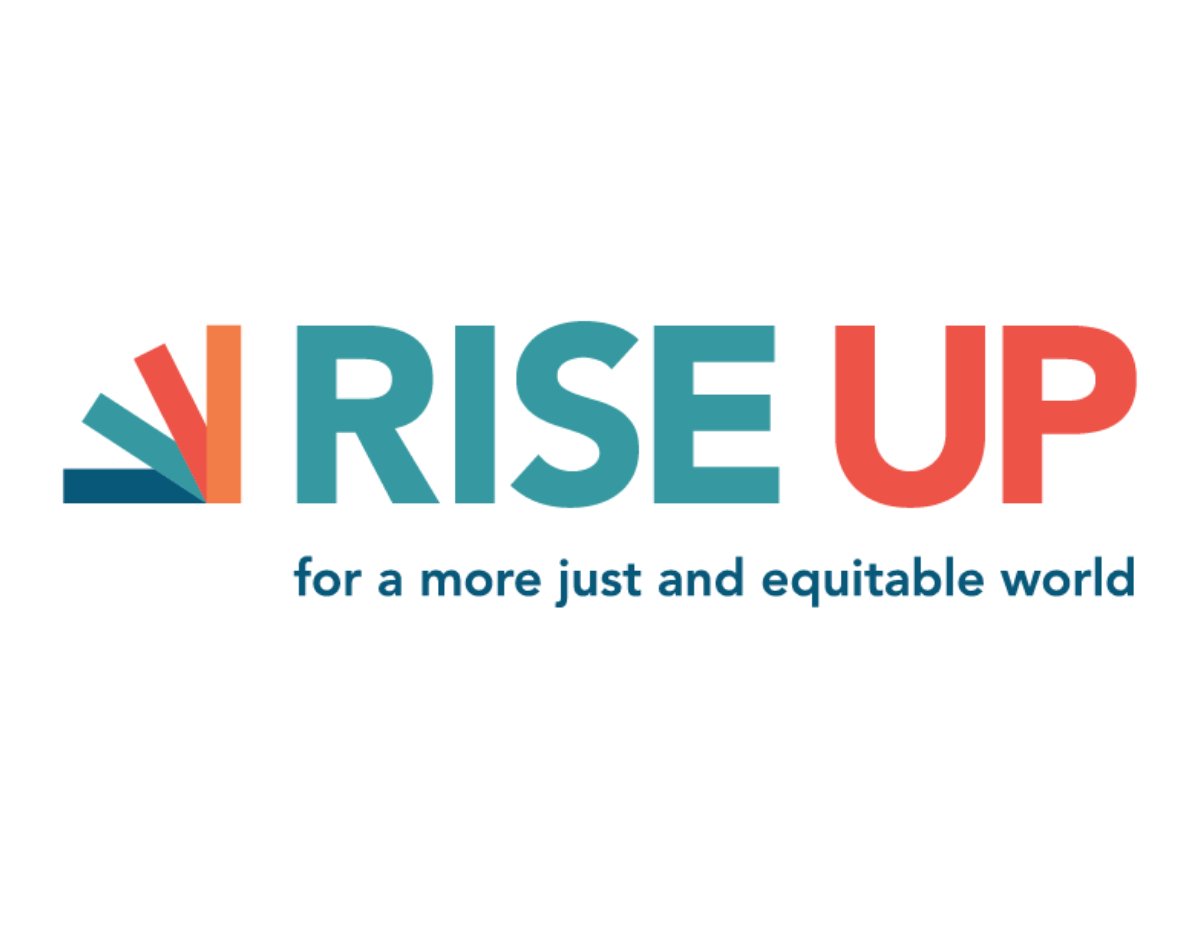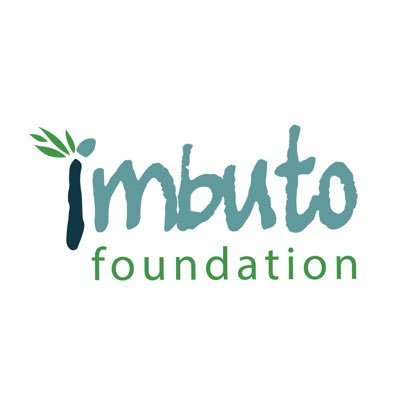(SAVE) Safe Abortion Videos Edutainment
Each year, there are about 73 million induced abortions performed worldwide. Three out of ten pregnancies (29%) and six out of ten (61%) of all unplanned pregnancies result in induced abortion (Bearak J et al.). Informational support, abortion management, and post-abortion care are all parts of comprehensive abortion care. It includes treatment for miscarriage (including spontaneous and missed abortions), induced abortion (intentionally terminating a pregnancy through medical or surgical procedures), incomplete abortion, and fetal death (intrauterine fetal demise).
Conversations around abortion are culturally stigmatized in many African countries, and unleashing the stigma to change people's behaviors requires the power of innovation beyond imagination. Flavors of Family Planning partners with young current and future physicians to develop and deliver transformational content that enhances the knowledge around abortion. We have developed a program called SAVE for Safe Abortion Videos Edutainment to provide a bias-free education as opposed to traditional teaching methods of culturally sensitive topics.
Most of the content of SAVE is explicitly tailored for current and future healthcare providers. However, because the SAVE program focuses on both the legal and clinical aspects of abortion, the legal perspective of the program is shared with the entire community so that people are equipped with adequate information about the actual context of abortion in their specific region.
The content about medication and surgical abortion is reserved for healthcare providers. If you intend to use it for your purpose, there is a copyright, and you will bear your legal risks.
1. Why do so many women lack easy access to legal abortion care?
Before 2009, the Rwandan penal code severely restricted abortion, allowing it only to protect a woman's physical or mental health. Abortion was widely assumed to be fully illegal. Rwanda passed a new penal code in June 2012. Article 162 of the Criminal Abortion Act expanded the exceptions for permissible abortion to include: 1. rape, 2. incest, 3. forced marriage, and 4. risk to the woman's or the fetus's health. A woman seeking abortion needed certification from a "competent Court" to obtain a legal abortion under exceptions 1-3. The law was revisited in April 2019. In addition to the existing exemptions, the new Rwanda ministerial order No002/MoH/2019 allows girls under the age of 18 to terminate a pregnancy before week 22 of pregnancy. Furthermore, the new law eliminated the requirement for a court order to obtain an abortion. Even so, women and girls still face challenges in line with accessing safe abortion services. We are discussing the barriers associated with the journey that women and girls go through to be able to access services. For more about the legal framework and barriers please watch our videos and leave comments or questions may you need clarification.
2. Are there barriers contributing to health providers' unwillingness to provide abortion services?
Despite a more liberalized law, providers' bias and unwillingness, as well as social, cultural, and religious stigma, make it difficult for women in Rwanda to obtain a safe, acceptable legal abortion. As a result, safe abortion care and services remain scarce and inaccessible. Medical doctors strongly influence abortion care services and, as a result, increase or decrease women's access to these services, regardless of the legal context. According to Rwandan law, abortion, to be legal and safe, must be performed by a trained and licensed medical doctor in a clinical setting at a hospital or polyclinic level. Are there any barriers that contribute to Providers' unwillingness to provide safe abortion services? Provider judgment and bias may lead to women and girls in Rwanda with unplanned or unwanted pregnancies resorting to unsafe and illegal abortions, even if these women meet the legal requirements. Abortions that are unsafe raise maternal mortality and morbidity rates. Between 2017 and 2019, abortion-related deaths were ranked fourth (4th) among Rwanda's leading causes of maternal mortality.
3. Consequences of Unsafe Abortion | Ingaruka zo gukuramo inda mu buryo butemewe
When is it said to be illegal to terminate a pregnancy, and when is it called unsafe? Are there any negative outcomes associated with unsafe abortion? In Rwanda, when, if ever, is criminal liability exemption anticipated? In this video, we shall be talking about Unsafe abortion and its associated negative outcomes, we hope you learn a lot.
4. Medication abortion and pregnancy termination explained. (Only for current and future doctors)
This video is only a summary of how medication abortion is done. Call it a summary because it talks about one route of administration to be precise. For other roots refer to further documents like FIGO, UPDATE, etc. consider other videos like the ministerial order on safe abortion to know when this is exactly applied and how. Share only with interested current and future doctors!
5. MVA - Manual vacuum Aspiration Explained (Only for current and future doctors)
Termination of pregnancy by uterine aspiration is a commonly used method mostly performed in the first trimester. Visit the video to see a summary of how it is done. The video talks about Manual Vacuum Aspiration but Electrical Vacuum Aspiration-EVA is also possible.
6. This is how an MVA Aspirator is put together (Only for current and future doctors)
A manual vacuum aspirator is a device used to remove tissue from the uterus quickly and safely. It is made up of two components: a vacuum tube with a valve and a hand-held syringe. The vacuum tube is inserted into the uterus and the valve is opened to create a vacuum. The tissue is then drawn into the tube using the syringe. After that, the tissue is removed from the uterus, leaving it clean and safe. This simple device allows for safe and effective abortions. The procedure is performed by a trained healthcare provider.
7. The Rwanda Ministerial order of 2019 April 8th on safe abortion.
Menya iteka rya minisitiri ryo ku wa 08/04/2019 rigena ibigomba kubahirizwa kugira muganga akuriremo umuntu inda. To be shared with interested current and future health care providers only!







